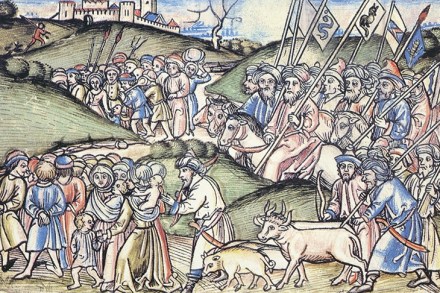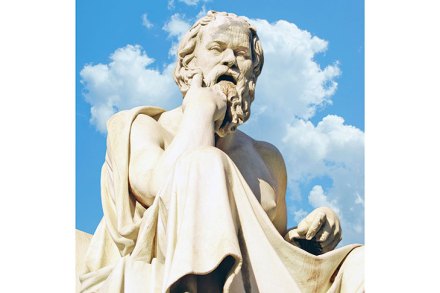Stormy sees
There are more than 100 cathedrals in England, Scotland and Wales of many different denominations (although I for one had been previously unaware of the Belarus Autocephalous Orthodox Church). But, wisely, Christopher Somerville focuses on those great galleons with which we are most familiar: the cathedrals that first rose up above the plains of England




















